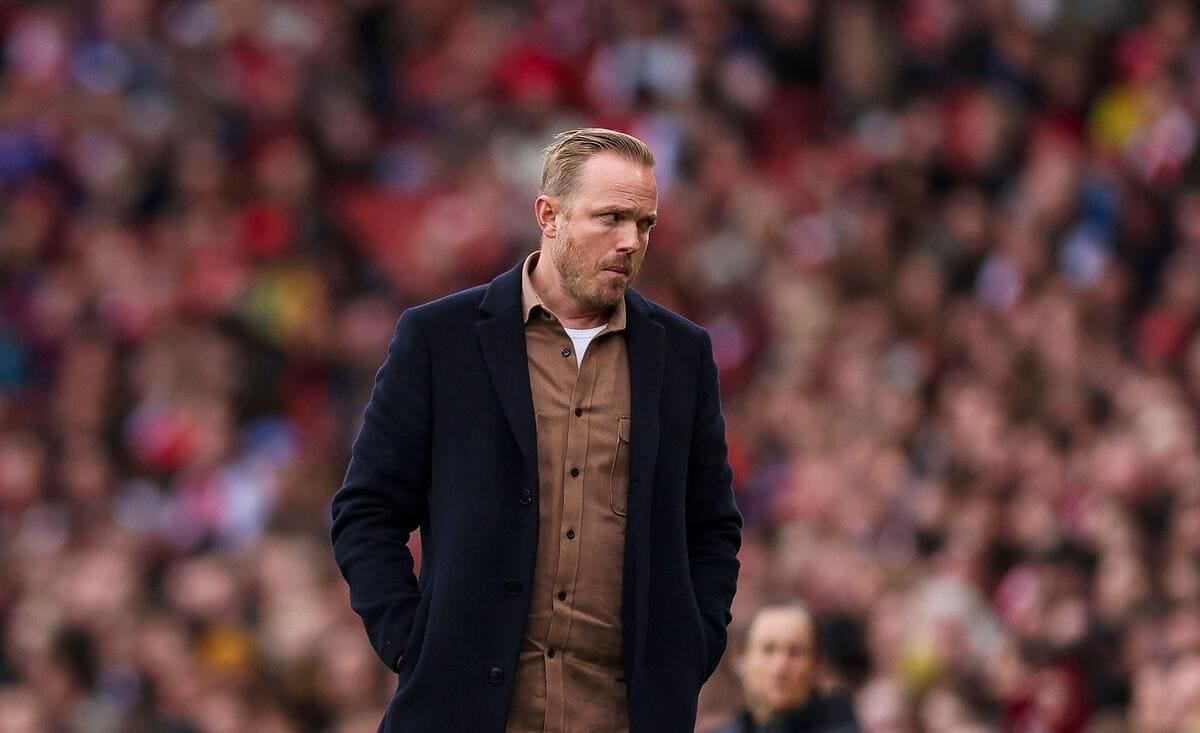Arsenal and Eidevall: End of an era
After today's breaking news that Jonas Eidevall has left his role as Arsenal Women head coach, Max Radwan covers the highs and lows of Eidevall's tenure and why it had to end
Jonas Eidevall has resigned from his position as head coach of Arsenal Women with immediate effect.
The news comes off the back of an awful week for the Gunners in which a draw at home to Everton was followed up by defeats against Bayern Munich and Chelsea. By Saturday afternoon, th…






